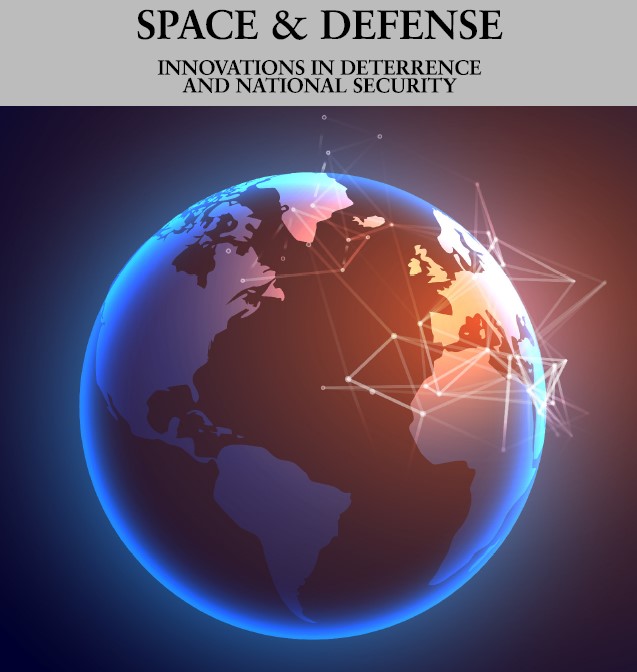Space and Defense

Abstract
he world of emerging technologies has changed countries' access and placement to these digital enablement tools of the future, with blockchain, decentralization, and a myriad of other compounding technologies accelerating the pace of development and growth combining the physical and the digital world. Historically, America's Silicon Valley has led the world's development of new technologies, particularly during the latter part of the digital revolution. In contrast, China focused on enhancing its manufacturing capabilities, becoming a world leader by capitalizing on the ever-connected world and leveraging its economic prowess. These roles became reversed in the early-2000s,1 when China first surpassed the United States in the output of artificial intelligence (AI)-specific scientific papers, demonstrating its commitment to becoming the world's AI superpower. To solidify its emphasis on changing perceptions as a consumable goods manufacturer to a global leader in emerging technologies, the People's Republic of China (PRC) unveiled its "Made in China 2025" plan in May 2015.2 Made in China 2025 aims to invest in domestic innovations across 10 industries to reduce reliance on foreign technology and enable Chinese companies to compete globally. In this respect, the PRC's plan to place emphasis on enhancing home-grown AI technologies serves as a cautiously aspirational tale of how critical public private partnerships are in terms of strategic competition. These partnerships are critical to drive innovation in AI and other fields as part of America's shift to regain the competitive advantage.
DOI
10.32873/uno.dc.sd.14.01.1048
Recommended Citation
Harsono, Hugh and Ondovcsik, Nicholas
(2023)
"Addressing the American Approach to Emerging Technologies: Utilizing the AI Arms Race to Highlight the Need to Develop Public-Private Partnerships in C4ISR and 5G,"
Space and Defense: Vol. 14:
No.
0, Article 6.
DOI: 10.32873/uno.dc.sd.14.01.1048
Available at:
https://digitalcommons.unomaha.edu/spaceanddefense/vol14/iss0/6
Included in
Asian Studies Commons, Aviation and Space Education Commons, Defense and Security Studies Commons, Eastern European Studies Commons, International Relations Commons, Leadership Studies Commons, Near and Middle Eastern Studies Commons, Nuclear Engineering Commons, Science and Technology Studies Commons, Space Vehicles Commons
